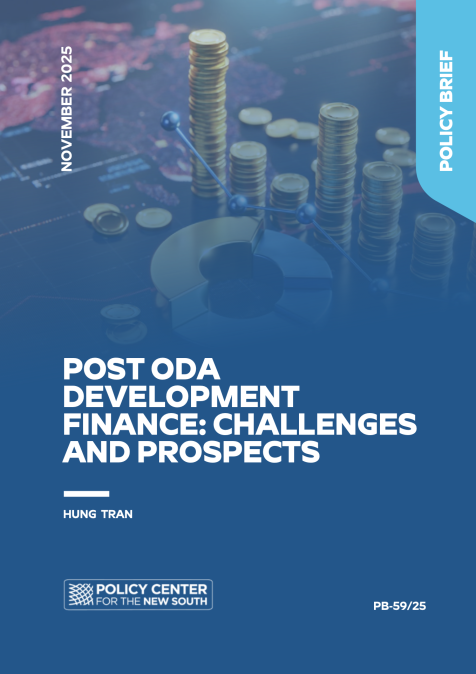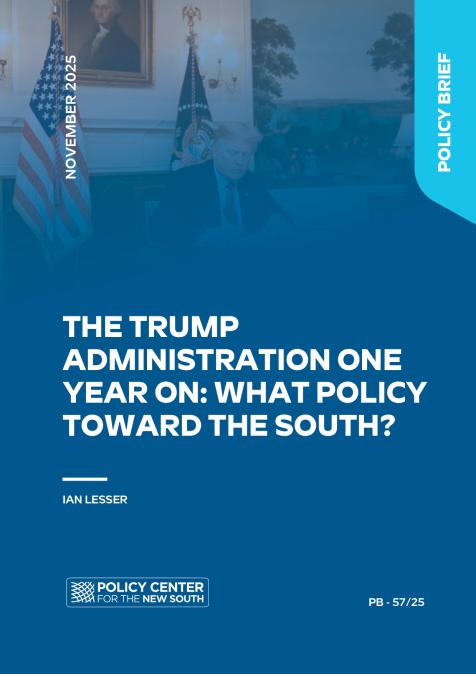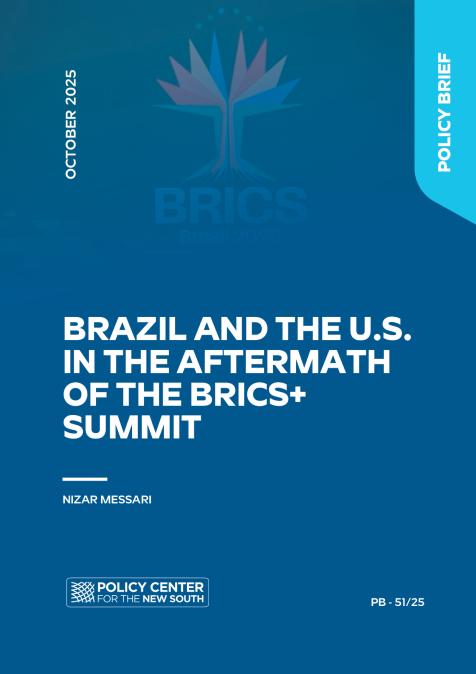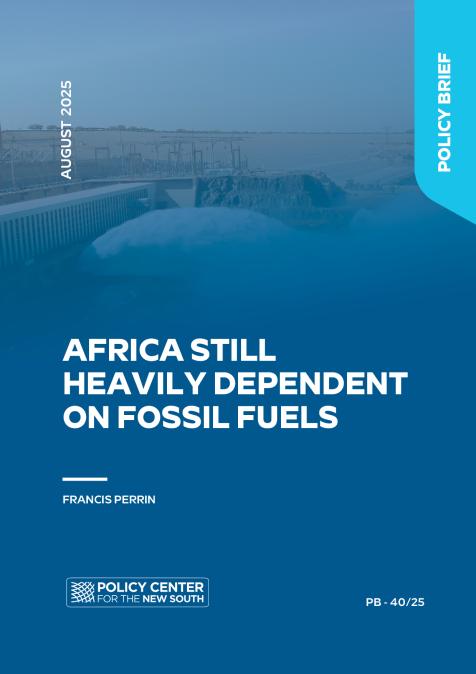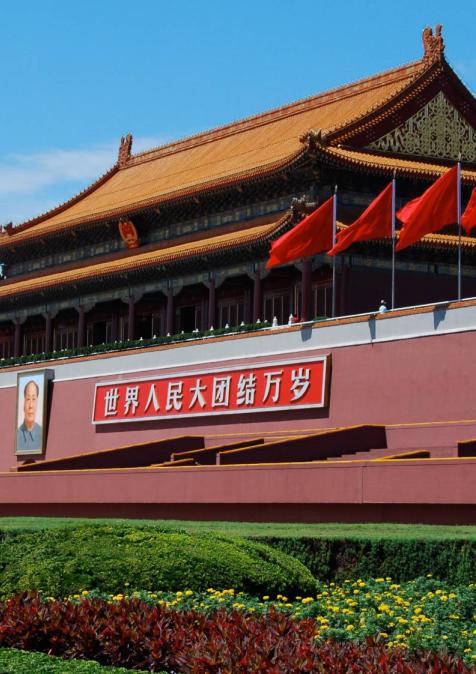- Flattening coronavirus curves of infection and recession will be harder in developing countries - Developing countries have faced foreign capital outflows - A boosted IMF may provide liquidity buffers for developing countries, but debt relief will be necessary to help vulnerable countries manage the coronavirus crisis
Speakers

Otaviano Canuto
Senior Fellow
Senior Fellow at the Policy Center for the New South, Affiliate Professor at Mohammed VI Polytechnic University and Non-Resident Senior Fellow at Brookings Institute. Former Vice President and Executive Director at the World Bank, Executive Director at the International Monetary Fund (IMF) and Vice President at the Inter-American Development Bank.
...




